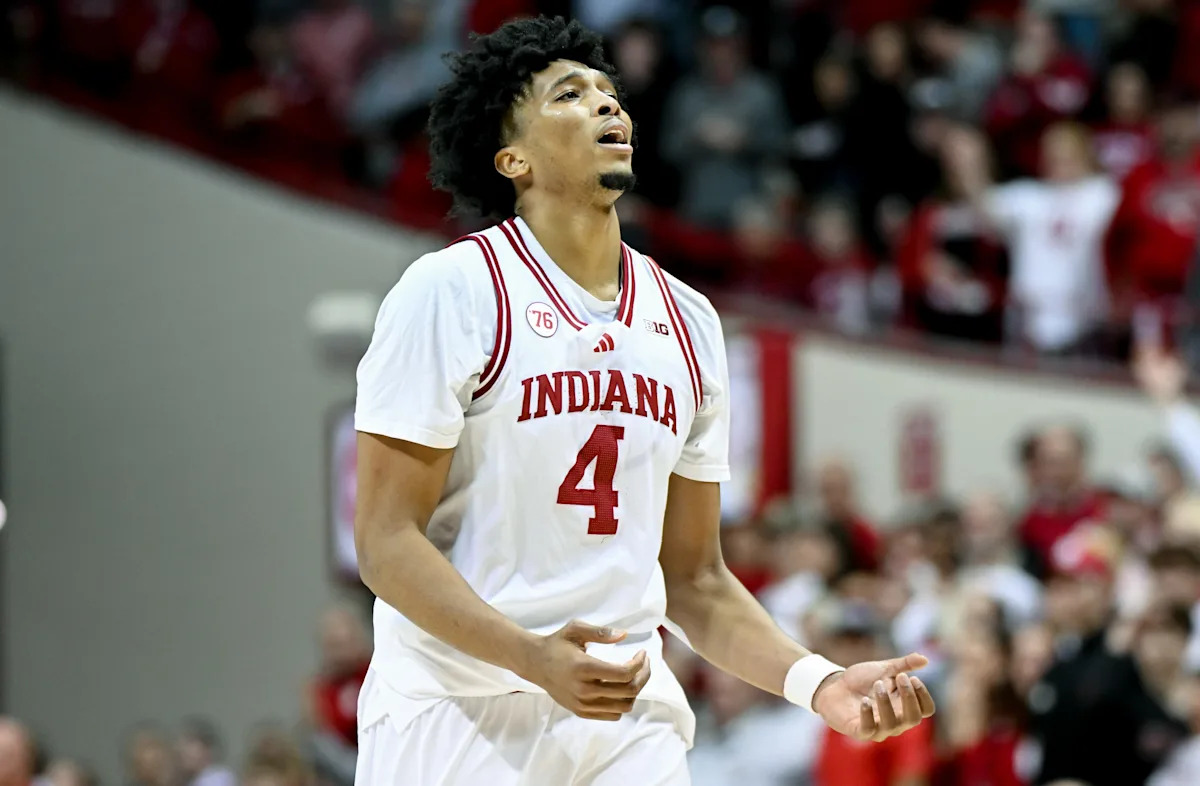The incoming group led by real estate developer Patrick Zalupski is expected to officially purchase the Rays from Stuart Sternberg’s ownership group within the next few weeks, and some big organizational changes are on the horizon. Longtime team presidents Matt Silverman and Brian Auld will be leaving their current roles, according to Marc Topkin of the Tampa Bay Times. Auld is staying on in an advisory capacity throughout the ownership transition period, while Silverman’s only remaining involvement will be as part of an advisory board representing Sternberg’s group in team business, as Sternberg’s group will still own 10 percent of the Rays.
Though the two executives shared the “president” title without any modifiers, Auld’s focus was more on the business side of the operations, while Silverman was more focused on baseball operations side. Silverman has been the team’s president since 2005 (when he was just 29 years old), except for a three-year hiatus that saw him act as the president of baseball operations following Andrew Friedman’s departure to the Dodgers. Once Erik Neander was promoted to the head of the baseball ops department following the 2016 season, Silverman moved back upstairs to the president’s role.
Silverman first started working with the Rays in 2004, coming aboard just slightly before Sternberg (his former Goldman Sachs colleague) bought the team. Auld joined the organization in 2005 as the director of planning and development, and worked in a variety of roles before being promoted to president 11 years ago. The ties between Silverman and Auld also existed before their time in Tampa Bay, as the duo first met while in high school.
It seems that Silverman’s departure is somewhat of his own volition, as Topkin writes that Silverman “had extended conversations with the incoming owners about a likely significant role, but chose instead to leave the team.” Silverman said he wasn’t departing due to another job opportunity, but rather it was “just a simple personal decision that for me it’s a good time to put down the pencil, take a breath and figure out what might be next….Before conversations about a future role really developed, I expressed my preference to serve on this ownership board and they welcomed that participation.”
For his part, Auld is looking forward to getting some more time with his family and away from the day-to-day grind, while still helping the Rays in this next chapter in team history.
“My hope is that we have a long partnership together where I can be a counselor to [likely incoming CEO] Ken Babby and whoever else needs it along the way,” Auld said. “Major League Baseball in Tampa Bay is not a simple enterprise, and to the extent that I can be helpful, I’m really looking forward to doing so….I’m looking forward to some different styles, and to learning from a new group. And I think that’s one of the reasons that a significant change was needed. I wasn’t sure this was going to be what I wanted to do, and getting to know this ownership group, and Ken specifically, it’s felt really good. It felt like it could be a nice, positive thing for a good amount of time.”
Past reports had indicated that Zalupski wasn’t planning to make any significant changes to the team’s structure, so the loss of over 40 years of organizational experience is certainly a departure from that initial thought. Given the longstanding connections between Sternburg and the Silverman/Auld combination, it might not be a surprise that Zalupski is looking to fill the president’s role with his own hire, or hires if he continues the trend of having separate presidents for the baseball and business ends.
As such, the change in the presidents’ office shouldn’t necessarily be viewed as a hint that Zalupski might be looking at a larger scale shake-up. Neander and manager Kevin Cash each signed contract extensions prior to the 2024 season that run through at least 2028 in Neander’s case, and through 2030 in Cash’s case. Eating the significant amount of remaining money on those contracts may be a factor for Zalupski, yet the larger issue is that Neander and Cash are both highly regarded around baseball, and both are widely viewed as two of the chief reasons why Tampa Bay has remained competitive despite perpetually modest payrolls.
That tradition of competitive baseball really began under Silverman, whose hirings of Friedman, Neander, and multiple other executives have helped establish the Rays as something of a talent factory on and off the field. Multiple teams have hired ex-Rays executives, coaches, and advisors over the years in an attempt to try and capture a bit of Tampa’s low-budget magic for themselves, with somewhat mixed results overall. Perhaps Silverman’s most obvious legacy is the “Rays” name itself, as he was behind the team’s move away from the “Devil Rays” name and well as the new uniforms and colors associated with the rebrand.


























